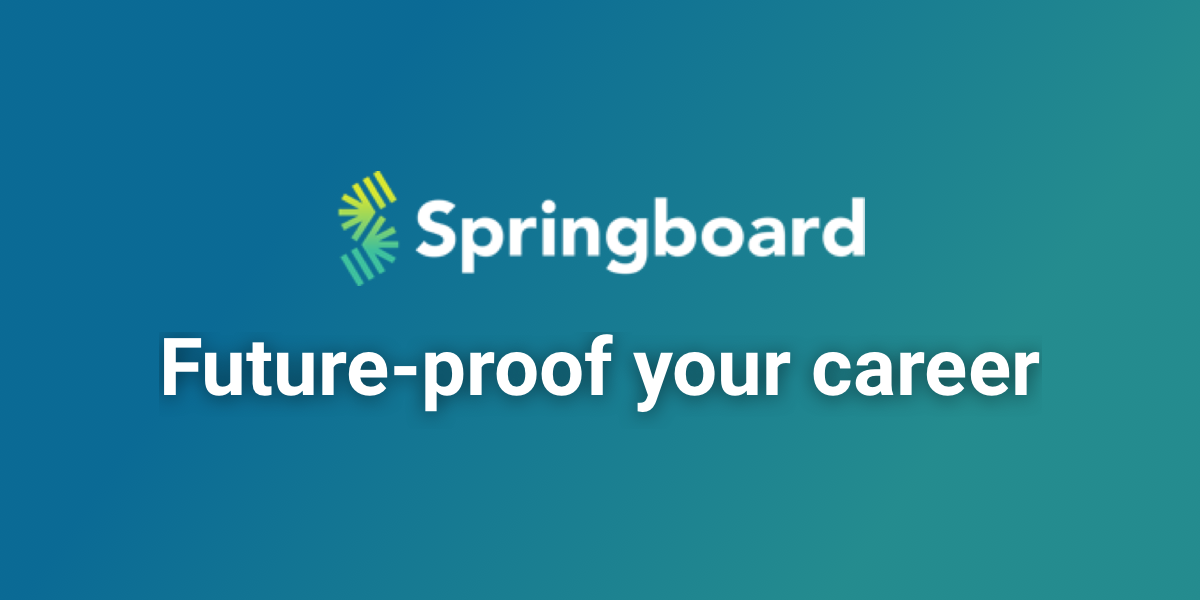
What Skills Do You Need to Become a Data Scientist?
What Skills Do You Need to Become a Data Scientist?
There are certain skills required to become a data scientist. Learn more about the top data science skills employers look for in candidates.
Here’s what we’ll cover:
- What Educational Qualifications Do You Need to Become a Data Scientist?
- What Technical Skills Do You Need to Become a Data Scientist?
- What Interpersonal Skills Do You Need to Become a Data Scientist?
The field of data science comes with a steep learning curve. Data scientists need to master crucial programming languages and statistical computations, as well as strong communication and interpersonal skills.
The combination of a solid educational background with the right technical and interpersonal skills allows data scientists to effectively convey and communicate complex statistical insights to a lay audience and make actionable recommendations to the right stakeholders.
Learn more about how to become a data scientist here.
What Educational Qualifications Do You Need to Become a Data Scientist?
Data scientists need a solid foundation in mathematics and statistics. The most common fields of study in data science are mathematics, statistics, computer science, and engineering.
Unlike fields like cybersecurity, data science does not have a set of industry-standard certifications. Instead, data scientists often rely on practical projects and portfolio work to signal their value to employers. Online bootcamps like Springboard’s Data Science Career Track offer more intensive learning experience focused on developing practical data science skills for the workplace.
Learn more about what recruiters look for in data scientist candidates in this short video!
What Technical Skills Do You Need to Become a Data Scientist?
Aside from a strong foundation in mathematics and statistics, data scientists need to be literate in sophisticated statistical modeling software and have a solid understanding and knowledge of programming.
Below are seven essential skills for data scientists:
- Python programming. As the most popular and most adaptable programming language in the data science industry today, Python can handle everything from data mining to website construction to running embedded systems, all in one unified language. Pandas is the Python data analysis library used for everything from importing data from Excel spreadsheets to plotting data with a histogram or box plot. The library is designed for easy data manipulation, reading, aggregation, and visualization. To learn more about data mining in Python, check out this comprehensive guide.
- R programming. R is an integrated suite of software facilities for data manipulation, calculation, and graphical display. R is more prevalent in academic contexts compared to Python. The software can implement machine learning algorithms quickly and simply and provides a variety of statistical and graphical techniques, such as linear and non-linear modeling, classical statistical tests, time-series analysis, classification, and clustering.
- Hadoop platform. Hadoop is a collection of open-source software utilities that allow data scientists to process large datasets across clusters of computers using simple programming models. This is useful in a situation where the volume of data exceeds the memory of the system: for example, when collecting a high volume of data from multiple sources, or when data needs to be sent to different servers. The system is designed to scale up from single servers to thousands of machines.
- SQL databases. SQL is a domain-specific programming language designed for managing and querying data held in a relational database management system (a type of database that stores and provides access to data points that are related to one another). You can use SQL to read and retrieve data from a database or update/insert new data. Creating a SQL query is often the very first step in any sequence of evaluation.
- Machine learning and AI. Few data scientists are truly proficient in machine learning; those that are stand out. Machine learning helps analyze large chunks of data using algorithms and data-driven models and can automate significant parts of a data scientist’s job, such as cleaning data by removing redundancies. The most competent data scientists are familiar with machine learning techniques such as supervised vs. unsupervised machine learning, decision trees, and logistic regression. Bonus points if you know advanced machine learning such as natural language processing, outlier detection, and recommendation engines. Learn more about Springboard’s machine learning bootcamp here.
- Data visualization. Data visualization is the graphical representation of data using visual elements such as charts, graphics, maps, infographics, and more. It sits right in the middle of technical analysis and visual storytelling. As big data becomes increasingly integral to business, data visualization is becoming a key tool in making sense of the vast volumes of data generated every day. A data scientist must be able to visualize data using tools such as ggplot, d3.js, and Tableau.
- Business strategy. Data scientists need a head for business strategy: the ability to understand business problems and conduct analyses from the standpoint of a strong problem statement. This enables data scientists to build their own infrastructure for slicing and dicing the data in a way that is useful to the organization they are serving.
What Interpersonal Skills Do You Need to Become a Data Scientist?
All data scientists need a number of key interpersonal skills to perform their job effectively.
- Communication. Good communication skills are crucial in most data scientist roles. As a data scientist, you will need to understand business requirements or the problem at hand, probe stakeholders for more data, and communicate key data insights.
- Storytelling. Statistical computations are useless if teams can’t act upon it, so storytelling skills are crucial in the form of oral communication as well as writing and data visualization. Good storytelling means that analytical solutions are communicated in a clear, concise, and to-the-point manner.
- Collaboration. You’ll need to collaborate with various teams in the organization to understand their requirements and gather their feedback to reach solutions. Depending on how specialized you are in your role, you may also have to work with fellow data scientists, data architects, and data engineers.
- Learning. Data science technologies and frameworks evolve so fast that it's futile to try to master any single one. Rather than aiming for perfection, you are better off cultivating the patience and discipline to teach yourself new things and learn new concepts quickly. Springboard mentors believe that one of the most important skills for aspiring data scientists is learning how to learn.
Is data science the right career for you?
Springboard offers a comprehensive data science bootcamp. You’ll work with a one-on-one mentor to learn about data science, data wrangling, machine learning, and Python—and finish it all off with a portfolio-worthy capstone project.
Check out Springboard’s Data Science Career Track to see if you qualify.










